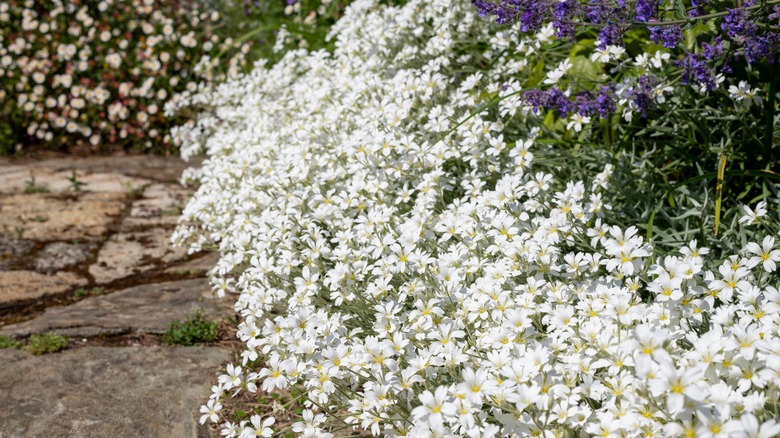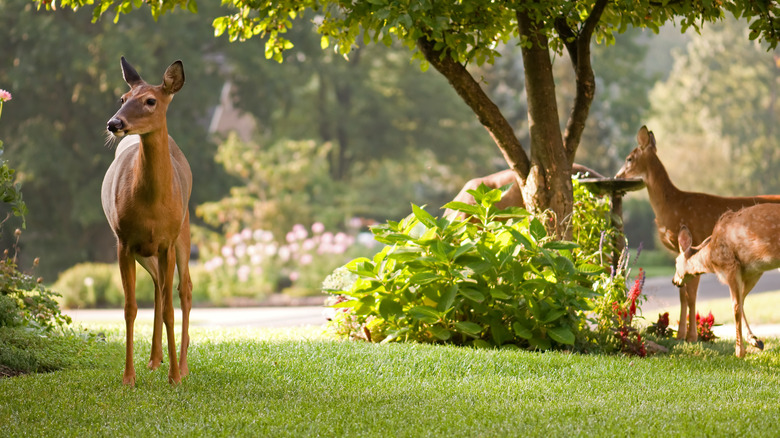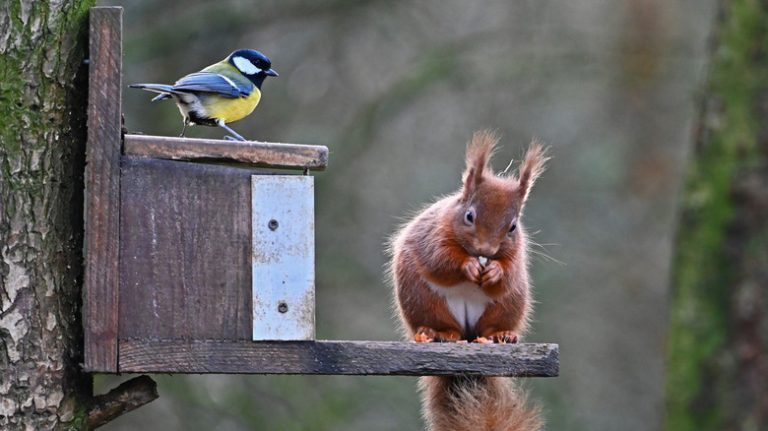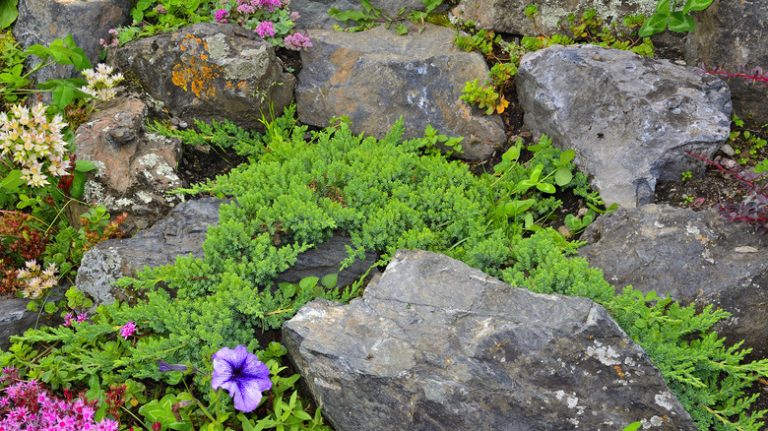If you’re looking to enhance your lawn’s visual appeal, there’s one plant that could be the game-changer you need. Snow-in-summer, scientifically known as Cerastium tomentosum, is a hardy perennial plant that originates from the rocky slopes of Europe and thrives across a wide range of USDA zones, typically from 3 through 7. This remarkable groundcover plant is a favorite among gardeners looking to add something extra to their lawns. Characterized by its dense, mat-forming foliage and an abundance of notched, pristine white flowers, snow-in-summer creates the illusion of a delicate snowfall in the heart of the warmer months. These plants relish the warmth and light, which are essential for the production of their signature blanket of white flowers. Once fully established, they paint a serene, almost ethereal landscape that’s hard to overlook.
Beyond its aesthetic appeal, snow-in-summer’s ability to flourish under a variety of conditions promises a low-maintenance addition to lawns. In fact, the plant’s drought tolerance and preference for full sun make it an excellent choice for areas prone to dry spells, requiring minimal intervention once established. Its ability to spread quickly and cover ground efficiently also means less work for you and more time to enjoy your lawn. As for its environmental benefits, snow-in-summer attracts pollinators such as bees and butterflies, adding even more life and beauty to your garden. That being said, the plant can only showcase its full potential when given the right foundation to thrive.
Ideal planting conditions for a flourishing display

Preferring well-drained soils, snow-in-summer can adapt to a broad spectrum of soil types, from the sandy to the slightly clayey. However, you still need to ensure proper drainage — stagnant moisture around its roots is a surefire way to diminish its vigor and health. This aversion to soggy conditions means proper placement is key. The plant must receive plenty of sunshine and have good airflow to mitigate any issues. So, when you’re ready to plant snow-in-summer, choose a spot that receives full sunlight for the majority of the day and ensure taller plants or structures do not overshadow this spot. You may need to amend the soil with a bit of compost to give it a good start, especially if your garden has heavy clay soil. This step will improve drainage and add vital nutrients, setting the stage for a healthy growth period.
Watering your snow-in-summer correctly is also key. Initially, you can keep the soil moist to help the young plants establish. Once they’ve taken root, taper off the watering. These plants are quite forgiving if you forget to water them periodically, thanks to their drought-tolerant nature. During hot, dry spells, a deep watering every once in a while will suffice. Remember, the goal is to achieve a balance where the soil stays moist but not wet. Overwatering can be as detrimental as neglect, leading to the dreaded root rot. Observe your plants and adjust your care routine as they grow.
Navigating pests and plant damage

Snow-in-summer brings the added benefit of being a deer-resistant plant, making it a hardy choice in gardens frequented by wildlife. This trait is particularly reassuring if you’re nestled in an area where deer often visit, as you can rest easy knowing your plant will likely remain untouched and in full bloom. However, it’s not just the deer that give it a pass; snow-in-summer is also not a favorite of many common garden pests, allowing it to thrive without the need for frequent pesticide applications. Despite this toughness against pests, snow-in-summer has its preferences and aversions, particularly when it comes to climate. In cooler summer regions, be mindful that it can spread quite vigorously. If you’re in such an area, opting for less invasive, more compact cultivars can help manage its growth, ensuring it adds beauty without becoming a garden bully.
It’s also worth noting that while snow-in-summer is a feast for the eyes, it doesn’t handle foot traffic well. Plant it in an area where it can be admired but not trampled. Edging paths, rock gardens, or slopes can serve as perfect stages for its showy blooms, allowing it to contribute to your garden’s aesthetic appeal without falling victim to the hustle and bustle of garden activity.



